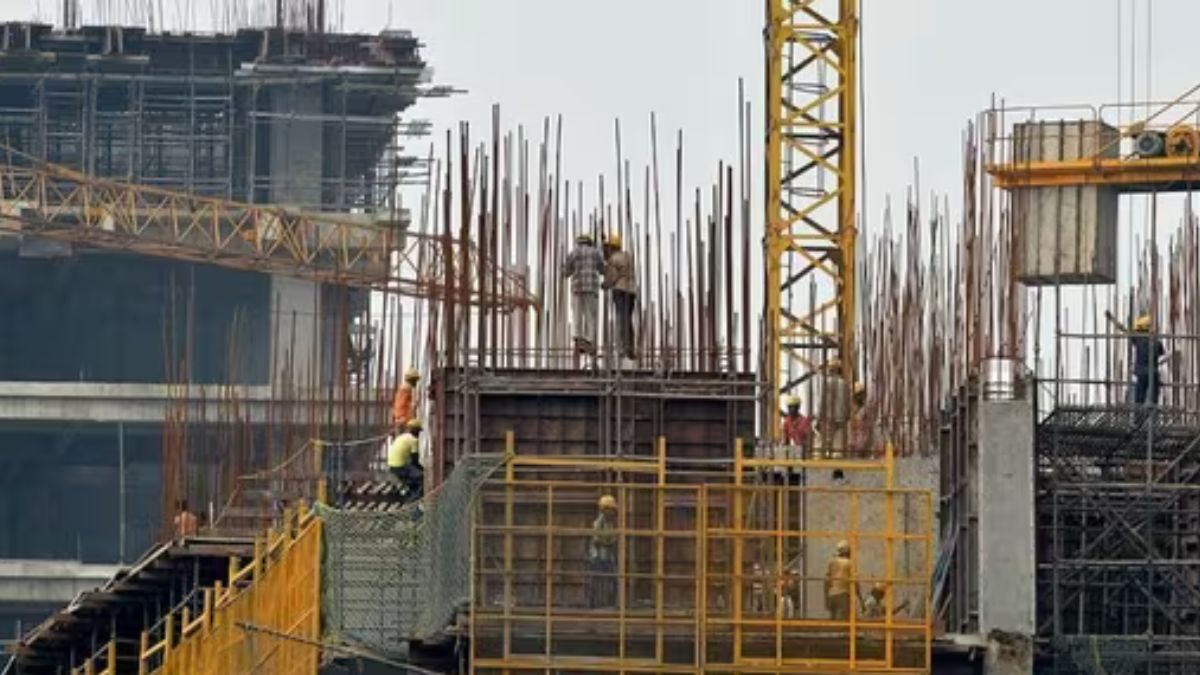All eyes are on the Union Budget 2024 and Finance Minister Nirmala Sitharaman as she presents the first of the Prime Minister Narendra Modi’s 3.0 NDA government.
The Centre is likely to increase spending on defence, infrastructure and pass real estate reforms.
But how does the budget influence the economy?
Let’s take a closer look:
What is the budget?
First, let’s take a brief look at the budget.
The Union Budget is simply a financial statement about the country’s income, expenditures and planned borrowing.
In essence, it details the fiscal health of the nation.
It does so by summarising the past year and looking forward to the next financial year.
But why should the common man care?
Because, according to a piece in the Indian Express, the budget is essentially the public’s money.
The piece added that the fiscal deficit – which is what the government borrows to close the gap between income and expenditure – is what the people and future generations will need to pay back.
As per India TV News, the budget also answers important questions regarding taxation, government spending priorities, and fiscal policies.
“Monitoring these factors helps citizens understand how their money is being managed and the implications for future generations,” a piece in IndiaTVNews noted.
Impact Shorts
More ShortsHow does it influence the economy?
As per Indian Express, the budget can alter the country’s course.
The Centre does this in two ways – by changing whom it taxes and how much and altering its spending.
The government can do this by for example, lowering the tax rate on businesses to incentivise them to create jobs.
“For instance, arguably the biggest macroeconomic policy shift of the last government (2019-2024) was the focus on incentivising investments by the private sector. To this end, the government gave a historic tax break in corporate tax on the one hand, while boosting its own spending in infrastructure on the other,” the piece stated.
As Moneycontrol notes, a rise in direct taxes could conversely reduce disposable income.
This would bring down a demand for goods – which in turn would result in production being lowered and economic growth being impacted.
It also noted how a rise in indirect taxes would also tamp down on demand.
“This is because indirect taxes are often partially or completely passed on to consumers in the form of higher prices. Higher prices imply a reduction in demand and this in turn would reduce profit margins of companies, thus slowing down production and growth,” the piece noted.
The deficit and how to service it has an impact on the monetary supply and the interest rates.
“High interest rates mean higher cost of capital for the industry, lower profits and hence lower stock prices,” the Moneycontrol piece stated.
As per India TV News, the Centre can also use the budget to increase investment in education and healthcare.
“The upcoming budget may signal shifts in these areas, especially given the recent electoral outcomes and economic challenges,” the piece added. “The presentation of the Union Budget 2024–25 will be a critical event, outlining the government’s fiscal strategy and its approach to addressing current economic issues while maintaining stability and growth.”
What do experts say?
They foresee an increase in certain areas.
A piece in Economic Times quoted experts as saying that the new Modi government, which is relying on its allies to make up the numbers in Parliament, could increase spending on social welfare schemes and subsidies.
Relief for the taxpayer could also be on the horizon with higher tax exemption limits, enhanced deductions for home loans, and increased standard deductions, according to the report.
Rakesh Goyal, managing director, Probusinsurance.com. told CNBC, “The first and foremost (expectation) is the reduction in the Goods and Services Tax (GST) on insurance premiums. Currently, GST on insurance premiums is 18 per cent, which is considered high and a deterrent for potential policy buyers. If there is a reduction in GST, it will help the industry in a big way.”
Goyal added that policyholders ought to get more tax benefits for their medical insurance.
“We should raise the limit to ₹50,000 for self, spouse, and children, and ₹1 lakh for senior citizens,” Goyal added.
He also pointed to increasing the limit under 80C.
“Right now, Indians get a tax exemption of Rs 1.5 lakh every year, but it’s crowded with various financial products. We would expect the limit to increase or to establish a separate exemption limit specifically for life insurance premiums. This move would help increase countrywide insurance penetration,” Goyal said.
Experts also say the government must throw its full weight behind Micro, Small and Medium Enterprises (MSMEs).
Vivek Jalan, partner at Tax Connect Advisory Services LLP told Hindustan Times, “…India seems set for becoming the third largest global economy very soon as per the vision of the prime minister.”
Jalan added that this goal cannot be met until MSMes, which remain the key source of employment and which power the GDP, are taken forward.
“For MSMEs, the economic Survey does accept and recognise the need for maximum relief from compliance burdens. Licensing, Inspection and Compliance requirements all levels of the government on these businesses will be relaxed going forward. Relaxations in TDS/TCS requirements, requirement of 45 day payment from MSMEs to SMEs u/s 43B(h) of Income tax Act, etc may help the MSMEs.”
With inputs from agencies
)